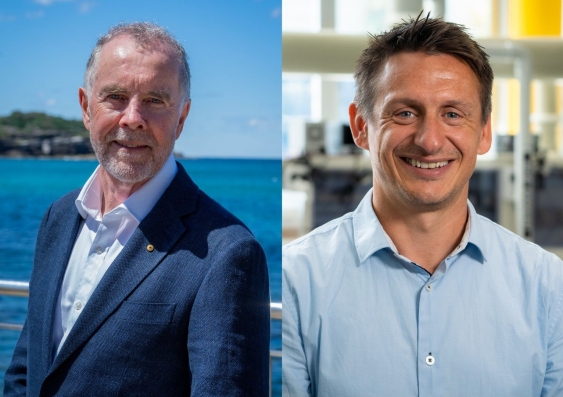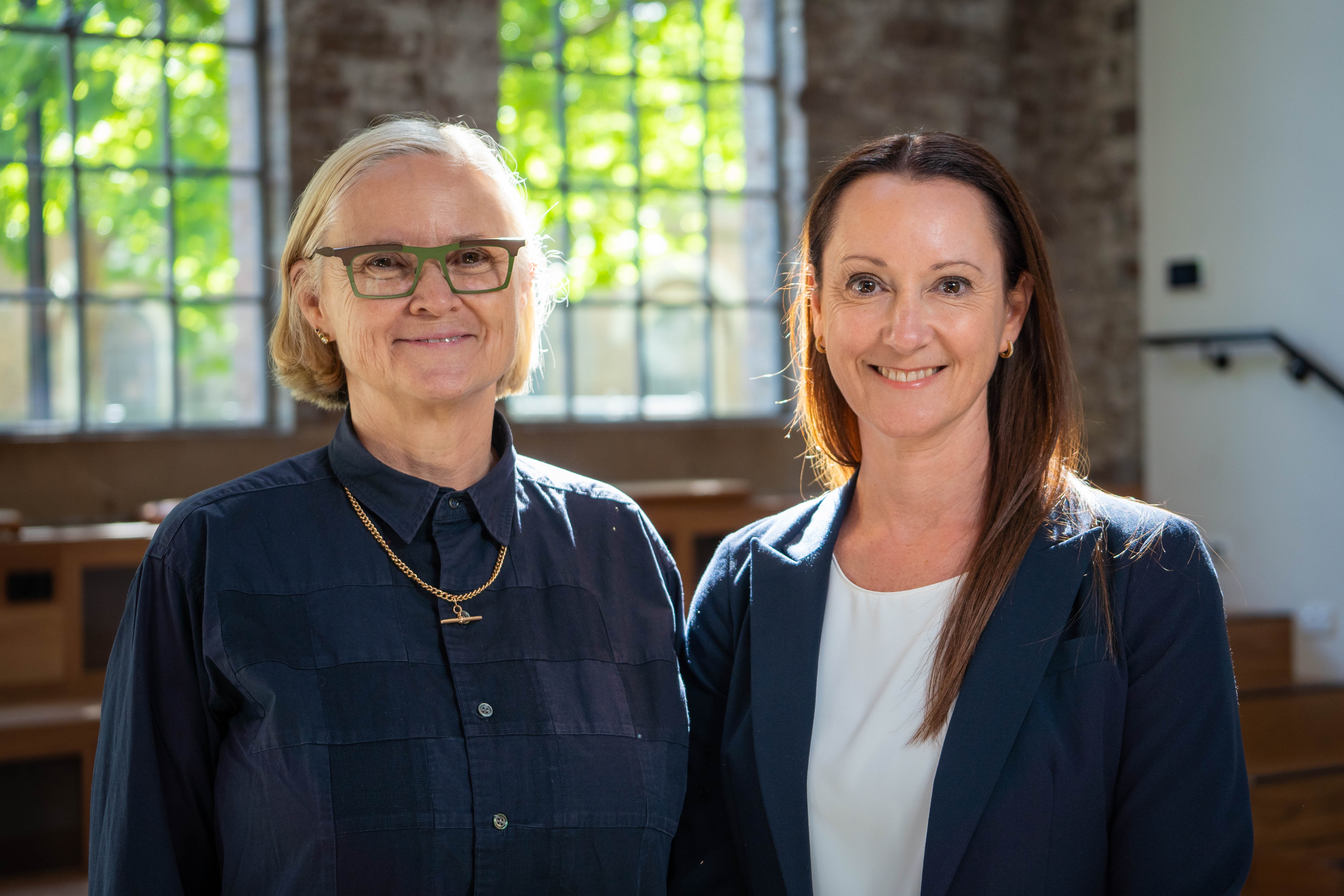UNSW solar innovator and world-leading oceanographer awarded Prime Minister's Prizes for Science
It’s the first time UNSW academics have been honoured with the Prime Minister’s Prize for Science, the Prime Minister’s Prize for Innovation and the Prize for New Innovators in the same year.


